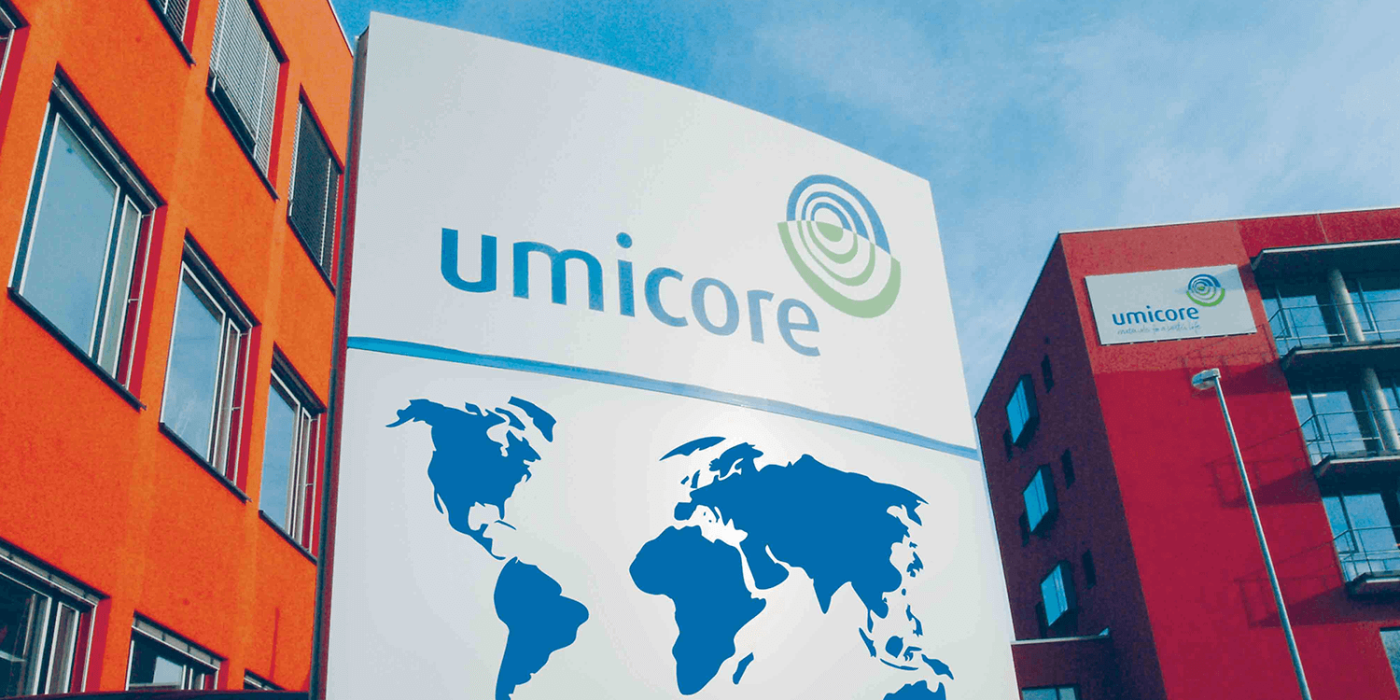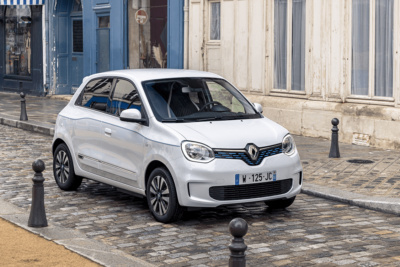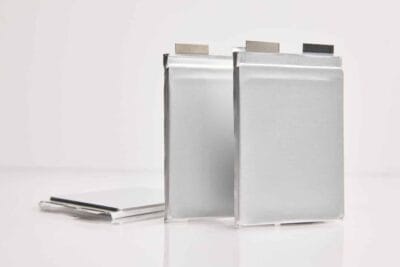Umicore invests $1.2 billion in Ontario battery materials plant
The Belgian materials technology and recycling group Umicore is investing C$1.5 billion ($1.2 billion) to build its first factory in North America for the mass production of cathode and precursor materials for electric vehicle batteries. This is to be built in the community of Loyalist in the Canadian province of Ontario.
Umicore aims to start construction in 2023, after which operations should begin by the end of 2025. By the end of the decade, the plant should have an annual production capacity for about one million electric cars. In addition, a memorandum of understanding has been signed with the Canadian government, according to which the project will be supported under the Strategic Innovation Fund.
In announcing the MoU, Canadian Prime Minister Justin Trudeau said: “Umicore’s intention to establish its new facility in Loyalist Township (in eastern Ontario) is another major step forward as we make Canada a global leader in producing electric vehicles.”
For Umicore, this investment represents what it says is “the final step in building a truly global manufacturing presence with regionally fully integrated battery materials value chains” to support its customers in their rapid transition to sustainable electric mobility.
Umicore says the investment decision was based on ongoing negotiations with several potential customers for off-take contracts in North America. Umicore has not named the partners, but currently, all major carmakers and battery cell manufacturers are announcing projects for North America – from Ford to GM to Stellantis, as well as LGES, SK On and Panasonic on the cell side.
Loyalist is a small community not far from Kingston, near Lake Ontario. Despite its more rural location, Loyalist is connected to major highways west to Toronto and Detroit, and east to Ottawa, Montreal and Quebec. The Belgian group also sees access to a “highly skilled workforce” and, in addition to the transport infrastructure, mentions the availability of renewable energy so that the plant can run entirely on renewable energy.
Umicore will also explore metal refining and battery recycling opportunities in North America. So far, the Belgian group has been busy in almost all parts of the electric vehicle battery value chain. Its battery recycling smelter in Hoboken, Belgium, boasts an annual capacity of 7,000 tons of lithium-ion batteries and battery production scrap – the equivalent of 35,000 electric car batteries. Umicore has revealed that it is in negotiations with several potential customers for production contracts in North America, which will form the basis for a final investment decision.
For Canada, the (probable) location of Umicore joins a long list of battery projects. As announced in March, BASF is also planning a cathode material plant, but in the province of Quebec. Stellantis and LGES are building a battery cell and module factory in Windsor, Ontario, and Magna is assembling battery casings in Ontario. BASF and the Canadian battery developer Nano One also want to jointly develop cathode materials.





0 Comments